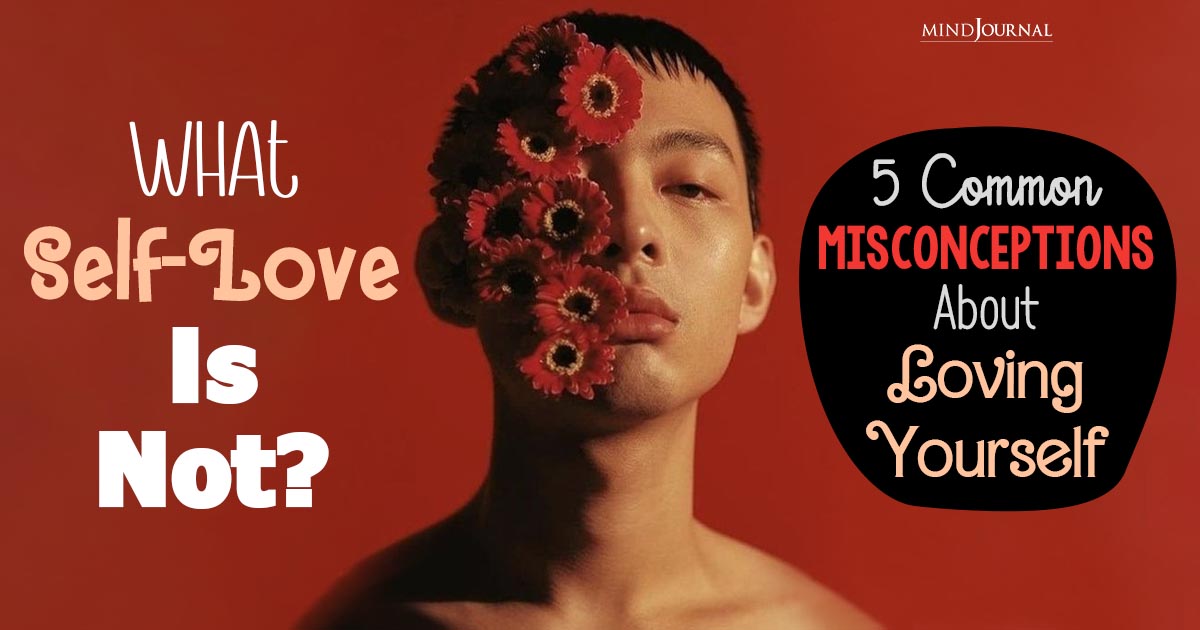Have you ever had to forgive someone who did not hurt you directly, but rather hurt someone close to you? Did you ever forgive someone who was indirectly unfair to you?
Often people ask if they can go ahead and forgive someone who was not directly unjust to them.
Here are some examples:
- My daughter was bullied at school. It is up to her whether or not she will forgive. I cannot do that for her because I was not the one injured.
- I am upset with Politicians X and Y. They have not, personally, injured me and so I am not able to forgive them.
- My great-grandparents were oppressed by certain laws in their country. My great-grandparents are now deceased. It really was up to them to forgive or not forgive. I now cannot stand in their place and forgive those oppressors.
These kinds of issues can become a struggle for people primarily because they are used to thinking of forgiveness this way: When I, personally, have been offended by someone, then I can go ahead and forgive if I wish to do so.
In other words, it is assumed that no one else can enter this forgiveness process unless they, too, were directly injured by the other person. Yet, thinking in this 21st century has emerged that challenges this conventional set of ideas. The approach comes to us from Trudy Govier (2002), a philosopher in Canada, who has written the book, Forgiveness, and Revenge.
In that book, Dr. Govier talks about primary, secondary, and tertiary forgiveness.
Related: Forgiving and Letting Go Those Who Have Hurt You
Primary Forgiveness
This is a commonly understood approach. I have been directly hurt by a person and so it is my prerogative to forgive or not.
By this, I mean that the injured person can decide to give up resentment and to offer goodness of some kind to the offending person, without excusing, necessarily reconciling, and without abandoning a quest for justice.

Secondary Forgiveness
This occurs when you are hurt because of a person’s actions toward a loved one. In other words, the mother truly is offended and hurt when someone bullies her daughter in school. It is secondary in the sense that the mother was not directly bullied.
Yet, the fact that she is resentful and legitimately so because of the actions toward her daughter, the mother then can go ahead and forgive the one who bullies. It is important to note that the mother is not forgiving the one who bullies on behalf of the daughter. It still is up to the daughter to offer primary forgiveness or not. It is the daughter’s choice. The mother’s forgiveness does not substitute for the daughter’s response.
Tertiary Forgiveness
This occurs when an even more distant person engages in unjust actions. Suppose Person A is very upset with a political decision that goes against his philosophies of life. Those decisions were made politically far from Person A’s home. The politicians do not even know Person A and likely they never have met.
Even so, if Person A is offended by the politicians’ actions, this is a legitimate forum for Person A to begin the forgiveness process if he so chooses? Why? It is because there is an injustice, directly affecting Person A, even though those actions by the politicians are indirect and not personal actions toward him.
Related: 8 Reasons Why You Should Forgive The People Who Hurt You
Another kind of tertiary forgiveness occurs when historical events are long past, had a direct influence on one’s own ethnic group, but not on the self. It is here that people reason that they must let the past alone and dismiss forgiveness because the current generation cannot even identify those involved, either as perpetrators or victims.
As in the case above, if a contemporary person still is feeling offended by people’s actions in the distant past toward one’s own group, it is rationally justified to forgive precisely because there is resentment over an unjust incident. In this case, it may be more difficult to forgive because there are no concretely-identified people to forgive.
Yet, the actions did involve real people acting in truly unjust ways and so one can now, in the present, offer forgiveness toward those persons as persons, even if they cannot be identified.
It is even possible for one’s group to forgive other groups that are currently acting unjustly or acted this way in the past, even in the distant past (Enright et al., 2016). We will leave the subtleties of group forgiveness for another time since this is not the central focus of this essay.
If secondary or tertiary forgiving were impossible, this would leave people now with much-unresolved resentment, even hatred, that could chip away at their well-being. The resentment could be displaced onto one’s partner or onto one’s children or co-workers.
Want to know more about the importance of forgiving someone? Check this video out below!
Even though those causing the resentment may have long passed away, the resentment lives on. Forgiveness can be a way of freeing oneself from the indirect actions of others that happened recently or toward people of the distant past who still are having an influence on one’s own happiness in the present.
References:
Enright, R.D., Lee, Y.R., Hirshberg, M.J., Litts, B.K., Schirmer, E.B., Irwin, A.J., Klatt, J., Hunt, J., & Song, J.Y. (2016). Examining group forgiveness: Conceptual and empirical issues. Peace and Conflict: Journal of Peace Psychology, 22, 153-162. DOI: http://dx.doi.org.ezproxy.library.wisc.edu/10.1037/pac0000153 Govier, T. (2002). Forgiveness and revenge. New York: Routledge.
Written By Robert Enright
Originally Appeared On Psychology Today










Leave a Reply